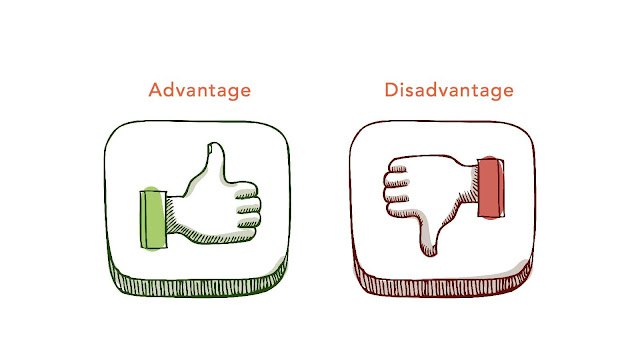 |
| Advantages And Disadvantages Of Zero Dividend Policy |
Advantages And Disadvantages Of Zero Dividend Policy
What is Zero Dividend Policy?
A zero dividend policy is a financial strategy in which a company does not pay any dividends to its shareholders, even if it has profits available for distribution. Instead, the company retains all of its earnings for reinvestment in the business or to pay off debt.
Advantages of Zero Dividend Policy
A zero dividend policy refers to a company's decision to retain all its earnings and not pay out dividends to its shareholders. Here are some advantages of a zero dividend policy:
-
Flexibility: By retaining earnings instead of paying out dividends, companies have more flexibility to invest in growth opportunities, such as research and development, acquisitions, or expanding the business. This can help the company achieve long-term growth and profitability.
-
Tax Efficiency: Shareholders may prefer a zero dividend policy since it may result in lower tax liabilities. When a company pays out a dividend, shareholders are required to pay taxes on the dividend income. By retaining earnings, the company avoids this tax burden, and shareholders can potentially defer their tax liabilities until they sell their shares.
-
Increased Share Value: If a company reinvests its earnings into profitable projects and initiatives, it can lead to an increase in the company's share value, which benefits shareholders over the long-term.
-
Reduced Dependence on External Financing: By retaining earnings, companies may be able to reduce their dependence on external financing, such as debt or equity. This can lead to lower interest expense and a more stable capital structure.
-
Improved Liquidity: A zero dividend policy can also help improve a company's liquidity position, as it allows the company to retain cash for future capital expenditures or strategic initiatives. This can be particularly important during periods of economic uncertainty or market volatility.
In summary, a zero dividend policy can provide companies with flexibility, tax efficiency, increased share value, reduced dependence on external financing, and improved liquidity. However, it may not be the best option for all companies and may depend on factors such as the company's growth prospects and financial needs.
Disadvantages of Zero Dividend Policy
While a zero dividend policy can have advantages for companies, there are also some potential disadvantages that should be considered. Here are some disadvantages of a zero dividend policy:
-
Decreased Income for Shareholders: A zero dividend policy means that shareholders will not receive any income from the company in the form of dividends. This may not be attractive to investors who are looking for a regular source of income.
-
Reduced Investor Interest: Investors may be less interested in a company that does not pay dividends, particularly those who prioritize income over long-term growth. This can lead to a lower demand for the company's stock and a decrease in its share price.
-
Increased Pressure on Management: A zero dividend policy puts more pressure on company management to make wise investment decisions with the retained earnings. If the company fails to generate sufficient returns on these investments, shareholders may become unhappy and demand a change in strategy.
-
Potential Misuse of Cash: Without the discipline of dividend payments, a company may be more likely to misuse its cash reserves, such as engaging in dubious investments, overpaying executives, or making unnecessary purchases.
-
Risk of Overinvesting: Companies that retain too much earnings may overinvest in new projects or acquisitions, which can be risky and may not generate sufficient returns in the long run.
In summary, a zero dividend policy can have disadvantages such as reduced income for shareholders, reduced investor interest, increased pressure on management, potential misuse of cash, and risk of overinvesting. Companies should carefully consider these disadvantages before implementing a zero dividend policy and ensure that it aligns with their long-term growth strategy and financial goals.






0 Comments:
Post a Comment